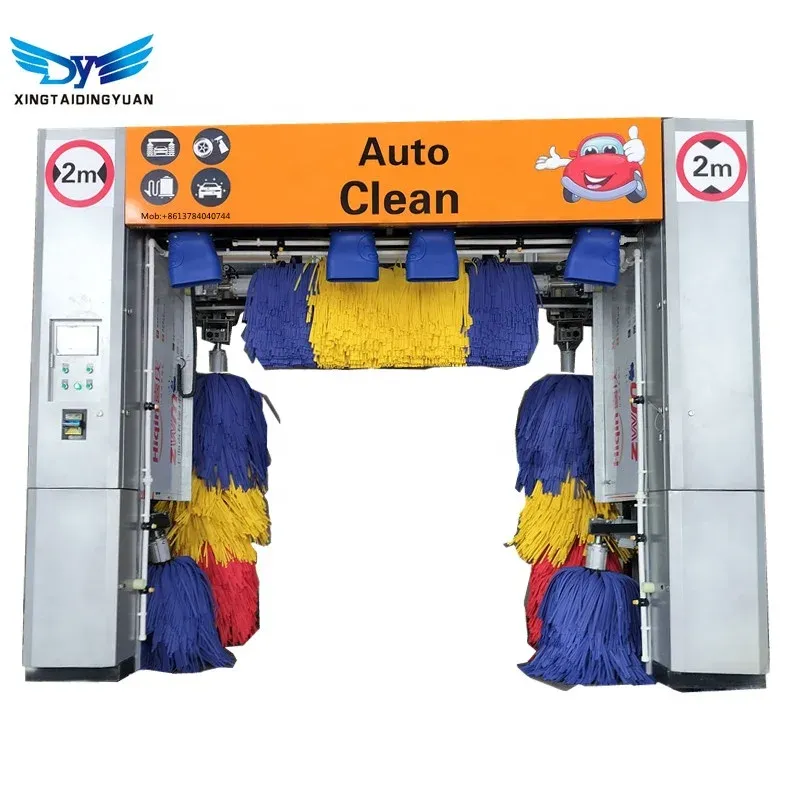
- Afrikaans
- Albanian
- Amharic
- Arabic
- Armenian
- Azerbaijani
- Basque
- Belarusian
- Bengali
- Bosnian
- Bulgarian
- Catalan
- Cebuano
- Corsican
- Croatian
- Czech
- Danish
- Dutch
- English
- Esperanto
- Estonian
- Finnish
- French
- Frisian
- Galician
- Georgian
- German
- Greek
- Gujarati
- Haitian Creole
- hausa
- hawaiian
- Hebrew
- Hindi
- Miao
- Hungarian
- Icelandic
- igbo
- Indonesian
- irish
- Italian
- Japanese
- Javanese
- Kannada
- kazakh
- Khmer
- Rwandese
- Korean
- Kurdish
- Kyrgyz
- Lao
- Latin
- Latvian
- Lithuanian
- Luxembourgish
- Macedonian
- Malgashi
- Malay
- Malayalam
- Maltese
- Maori
- Marathi
- Mongolian
- Myanmar
- Nepali
- Norwegian
- Norwegian
- Occitan
- Pashto
- Persian
- Polish
- Portuguese
- Punjabi
- Romanian
- Russian
- Samoan
- Scottish Gaelic
- Serbian
- Sesotho
- Shona
- Sindhi
- Sinhala
- Slovak
- Slovenian
- Somali
- Spanish
- Sundanese
- Swahili
- Swedish
- Tagalog
- Tajik
- Tamil
- Tatar
- Telugu
- Thai
- Turkish
- Turkmen
- Ukrainian
- Urdu
- Uighur
- Uzbek
- Vietnamese
- Welsh
- Bantu
- Yiddish
- Yoruba
Affordable Automatic Car Wash Systems and Their Pricing Options
The Price of Automatic Car Washers An In-Depth Analysis
In today's fast-paced world, convenience is a key factor that influences consumer choices. Automatic car washers have emerged as one of the most popular solutions for vehicle cleaning, offering quick, efficient, and effective washing services. However, potential buyers often wonder about the price range for these automatic car wash systems. This article delves into the factors influencing the price of automatic car washers, the various types available, and how to choose the right one for your needs.
Understanding Automatic Car Washers
Automatic car washers can be broadly categorized into two types conveyorized car washes and touchless car washes. Conveyorized systems, often found at gas stations or specialized car wash facilities, guide vehicles through a sequence of cleaning stages using conveyor belts. Touchless systems, on the other hand, utilize high-pressure water jets and powerful cleaning agents without any brushes or physical contact with the vehicle’s surface.
The technology and features integrated into these systems vary, which directly impacts their pricing. Basic models with limited features may start as low as $10,000, whereas high-end models with advanced cleaning technology, customization options, and integrated service tools can exceed $100,000.
Factors Affecting Pricing
1. Type of System As mentioned, there are different automated car wash systems, and each comes with its own price tag. Conveyorized car washes tend to be pricier due to their complex machinery and installation requirements. Touchless systems may offer a more budget-friendly option but can also range widely in price depending on features.
2. Quality of Equipment The brand and quality of the equipment play a crucial role in determining the price. Renowned manufacturers that offer durable, reliable, and efficient systems will typically charge a premium. Investing in higher-quality equipment can lead to lower long-term maintenance costs and enhanced customer satisfaction.
automatic car washer price

3. Additional Features Many modern automatic car wash systems come with a variety of advanced features. These can include undercarriage washes, waxing options, tire cleaning, and even advanced drying systems. Each of these features adds to the overall cost, but they can vastly improve the quality of the wash and the customer experience.
4. Installation and Maintenance The cost of installation will also affect the overall price. Professional installation ensures that the system operates smoothly and safely, which is vital for long-term functionality. Additionally, ongoing maintenance costs should be considered as they can significantly impact the total financial investment over time.
5. Location and Market Demand The geographic location of the car wash can influence pricing. In areas with high demand or dense populations, businesses might invest more in state-of-the-art systems to attract customers. Conversely, in rural areas, simpler, less expensive systems might be more common due to lower competition.
Evaluating Your Options
When selecting an automatic car wash system, it is essential to assess your specific needs and budget. Start by determining your target market and expected customer volume. If you anticipate high foot traffic, investing in a more robust, feature-rich system might be worthwhile. Conversely, for a lower volume business, a smaller, basic model may suffice.
It’s also crucial to consider financing options. Many vendors offer payment plans, leasing options, or financing solutions that can make owning an automatic car wash more accessible. This can help aspiring entrepreneurs mitigate upfront costs while still offering high-quality services.
Final Thoughts
In conclusion, the price of automatic car washers varies widely based on several factors, including system type, equipment quality, features, installation costs, and market demand. By carefully evaluating these elements and understanding your specific needs, you can choose an automatic car wash system that not only fits your budget but also meets your business objectives. Investing in such technology can enhance customer satisfaction and drive growth in the competitive automotive service industry.
-
Integrating Aqua Tunnel Car Wash in Shopping CentersNewsJun.24,2025
-
Gas Station with an Auto Car Wash MachineNewsJun.24,2025
-
Efficiency in Your Aqua Tunnel Car Wash: Power & Water-SavingNewsJun.24,2025
-
Car Wash Business with Advanced Auto Car Cleaning MachinesNewsJun.24,2025
-
Balancing Setup Costs with Aqua Tunnel Car WashNewsJun.24,2025
-
Aqua Tunnel Car Wash: Eco-Design for the Energy-Savvy EntrepreneurNewsJun.24,2025



